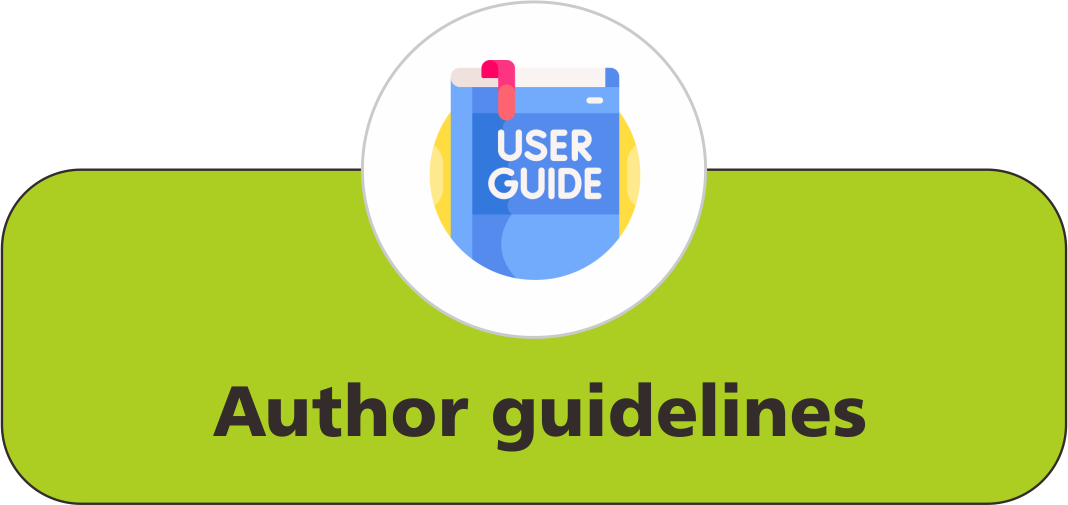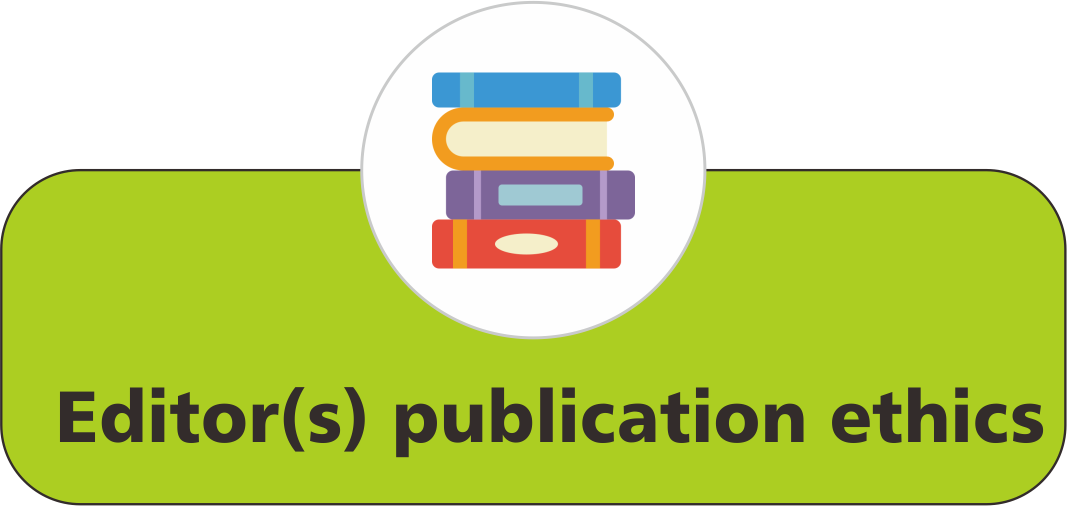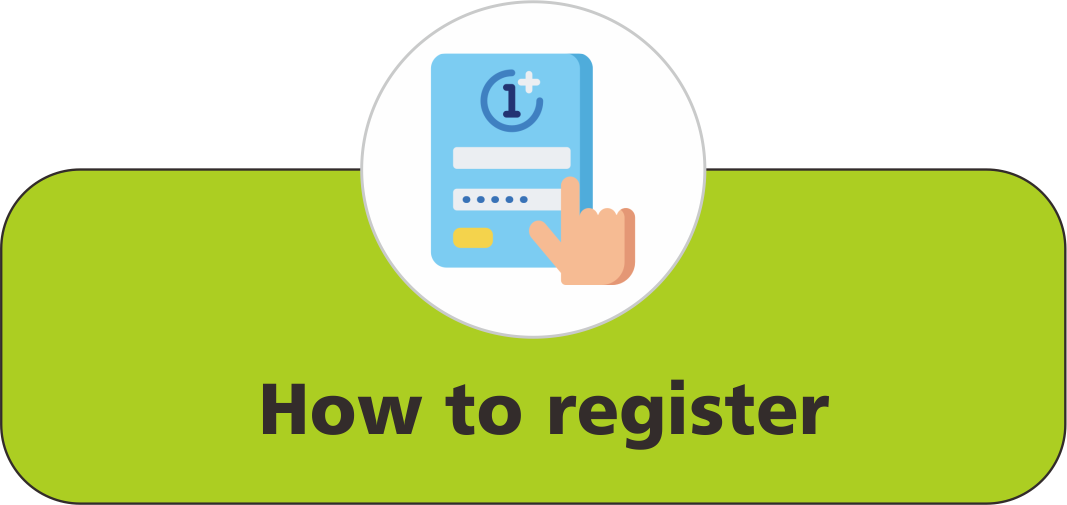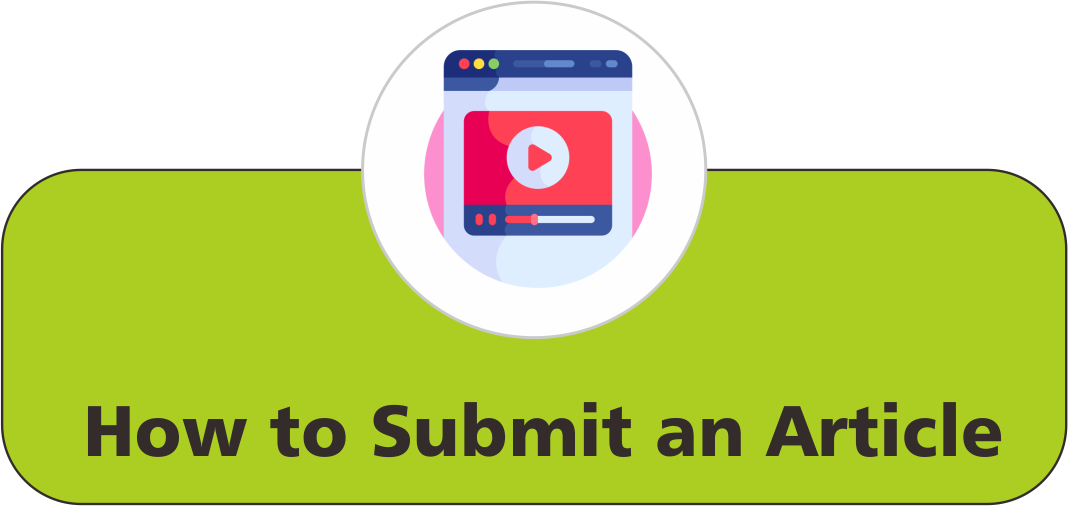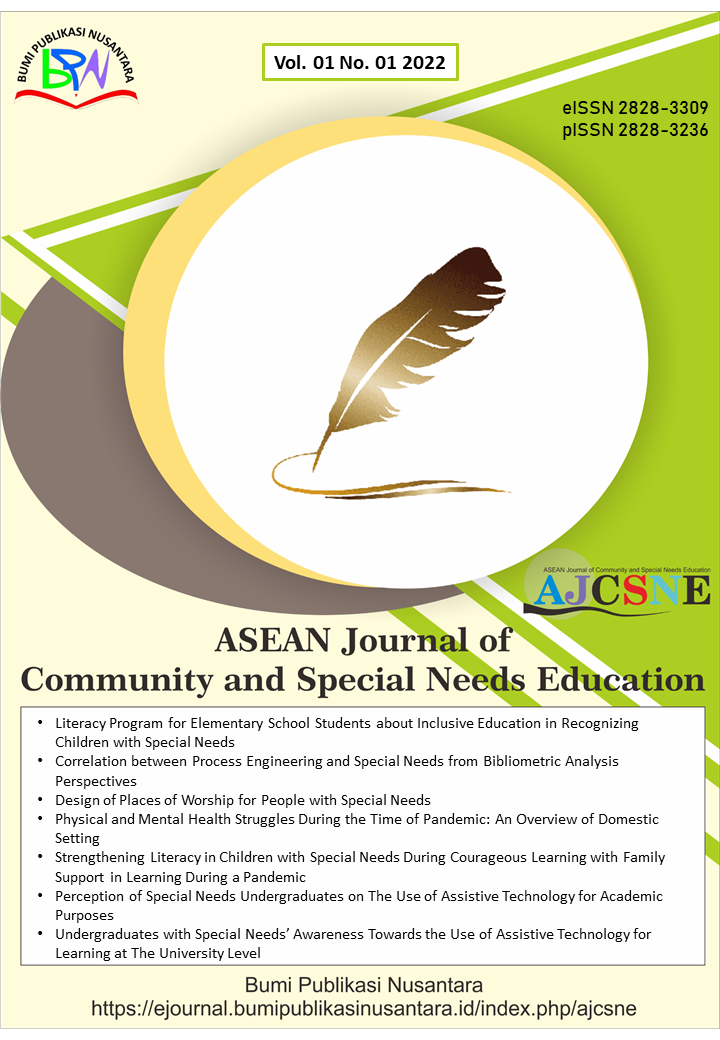Impact of After-school Sports Programs on the Mental Health of Primary School Pupils
 ),
),
(1) Kwara State University
 Corresponding Author
Corresponding Author
Abstract
Keywords
References
Ahn, S., and Fedewa, A. L. (2011). A meta-analysis of the relationship between children’s physical activity and mental health. Journal of Pediatric Psychology, 36(4), 385-397.
Biddle, S. J., and Asare, M. (2011). Physical activity and mental health in children and adolescents: a review of reviews. British Journal of Sports Medicine, 45(11), 886-895.
Booth, J. N., Demetriou, Y., Gillison, F., and McKay, M. J. (2018). Development and initial validation of a self-report measure of psychological well-being for young children: The PWB-SC. Child Indicators Research, 11(6), 1929–1949.
Cox, A. E., Smith, A. L., and Williams, L. (2008). Change in physical education motivation and physical activity behavior during middle school. Journal of Adolescent Health, 43(5), 506-513.
Coyoca, M. B. P., Del Rosario, M. A. B., Lazo, J. R. L., Calixtro Jr, V. L., and Edaño, L. B. (2022). Impact of gardening on physical and mental health in the midst of covid-19 pandemic. Indonesian Journal of Community and Special Needs Education, 2(2), 99-102.
Damon, W., Menon, J., and Bronk, K. C. (2003). The development of purpose during adolescence. Applied Developmental Science, 7(3), 119-128.
Durlak, J. A., Weissberg, R. P., and Pachan, M. (2010). A meta-analysis of after-school programs that seek to promote personal and social skills in children and adolescents. American Journal of Community Psychology, 45(3-4), 294-309.
Dwyer, M. J., Hooper, J., and Yang, Q. (2016). The relationship between physical activity, depression, and anxiety in primary school children. Journal of Physical Activity and Health, 13(10), 1087-1091.
Eime, R. M., Young, J. A., Harvey, J. T., Charity, M. J., and Payne, W. R. (2013). A systematic review of the psychological and social benefits of participation in sport for children and adolescents: Informing development of a conceptual model of health through sport. International Journal of Behavioral Nutrition and Physical Activity, 10(1), 1-21.
Ferguson, C. J., Coulson, M., and Barnett, J. (2011). A meta-analysis of pathological gaming prevalence and comorbidity with mental health, academic and social problems. Journal of Psychiatric Research, 45(12), 1573-1578.
Fredricks, J. A., Blumenfeld, P. C., and Paris, A. H. (2016). School engagement: Potential of the concept, state of the evidence. Review of Educational Research, 86(3), 781-820.
Gajo, A. G. E., Gaisen, E. M. P., Lino, F. V. K. R., Edaṅo, L. B., and Calixtro Jr, V. L. (2023). Sustaining students’ mental health through the use of tiktok application. Indonesian Journal of Community and Special Needs Education, 3(1), 11-20.
Gentile, D. A., Lynch, P. J., Linder, J. R., and Walsh, D. A. (2004). The effects of violent video game habits on adolescent hostility, aggressive behaviors, and school performance. Journal of Adolescence, 27(1), 5-22.
Granic, I., Lobel, A., and Engels, R. C. M. E. (2014). The benefits of playing video games. American Psychologist, 69(1), 66–78.
Guagliano, J. M., Lerner, R. M., and Von Eye, A. (2021). An empirical evaluation of the sport-based youth development literature: Results and implications for future research. Journal of Applied Sport Psychology, 33(1), 17–32.
Holt, N. L., Neely, K. C., Slater, L. G., Camiré, M., Côté, J., Fraser-Thomas, J., and Tamminen, K. A. (2017). A grounded theory of positive youth development through sport based on results from a qualitative meta-study. International Review of Sport and Exercise Psychology, 10(1), 1-49.
Mahoney, J. L., Cairns, B. D., and Farmer, T. W. (2003). Promoting interpersonal competence and educational success through extracurricular activity participation. Journal of Educational Psychology, 95(2), 409.
Marcaida, J. P. (2022). Physical and mental health struggles during the time of pandemic: An overview of domestic setting. ASEAN Journal of Community and Special Needs Education, 1(1), 23-28.
Putri, R. M. (2023). The effect of understanding student mental health in Indonesia on psychological first aid. Indonesian Journal of Community and Special Needs Education, 3(1), 63-64.
Stubbs, M. J., Low, R., McGuckin, S., Newton, R., Westwood, J. P., Thomas, M., and Scully, M. (2018). Single centre UK comparison of biosimilar rituximab (truxima) with the originator (MabThera) in patients with immune mediated thrombotic thrombocytopenic purpura. Blood, 132, 3750.
Vella, S. A., Magee, C. A., and Iverson, D. C. (2019). Psychological resilience, stress and coping among Australian primary school children: A cross-sectional study. Psychology of Sport and Exercise, 45, 101552.
Article Metrics
Abstract View : 1391 times
: 1391 times Download : 680 times
Download : 680 times
Refbacks
- There are currently no refbacks.
Copyright (c) 2023 Bumi Publikasi Nusantara

This work is licensed under a Creative Commons Attribution-ShareAlike 4.0 International License.


